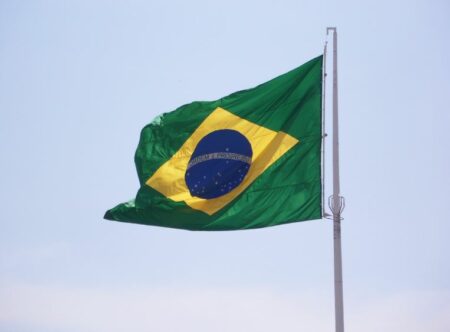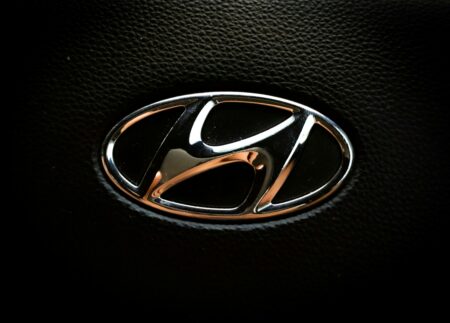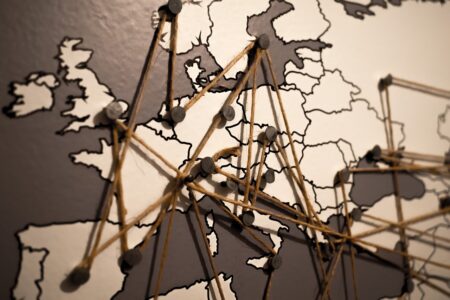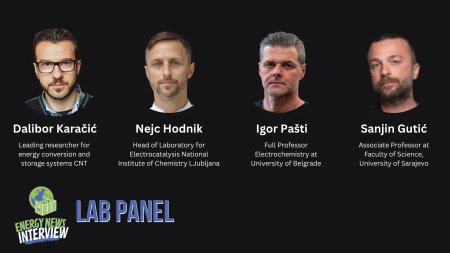Next year, the Ministry of Environment will spend 2.8 trillion won on hydrogen and electric vehicles, as well as charging infrastructure.
On the 3rd, the Ministry of Environment reported that the budget and fund management plan for 2022, which included these items, had been finally confirmed by a resolution passed by the National Assembly plenary session.
The Ministry of Environment’s budget and fund amount for 2022 is 1,1853 trillion won, a 6.1 percent increase from current year (the main budget of 11,171.5 billion won).
It was enhanced from the original government measure by around 63 billion won during the National Assembly’s deliberations.
The Ministry of Environment, as the ministry in charge of carbon neutrality, will use this budget and fund to start working on initiatives that will build the framework for carbon neutrality in 2050.
To begin, in the transportation sector, 28,000 hydrogen vehicles and 207,000 electric vehicles will be delivered next year, with charging infrastructure being improved, in order to meet the objective of supplying 4.5 million zero-emission vehicles by 2030.
The hydrogen vehicle supply and hydrogen charging station installation project received 892.8 billion won, roughly double the amount authorized this year (441.6 billion won).
1.935 trillion won will be invested in the distribution of electric vehicles and the construction of charging infrastructure, up from 1.12 trillion won this year.
Support for early scrapping of obsolete diesel vehicles has been slightly increased, while support for installing a smoke reduction device (DPF) has been cut, in order to reduce the number of internal combustion locomotives as quickly as possible.
Next, to achieve a circular economy, KRW 5.4 billion was invested in support for the promotion of reuse of recyclable packaging materials, and KRW 27.2 billion was paid to create 41 living resource recovery facilities, bringing the total recycling promotion expenditure up to KRW 5.4 billion.
The budget for fostering green innovative companies has been cut in half, with loans for future environmental industry development reduced from 311.1 billion won this year to 211.4 billion won next year, and support for small and medium-sized environmental companies’ commercialization reduced from 89.7 billion won to 65.6 billion won.
The budget for the biomaterial propagation complex, on the other hand, has been boosted from 5.7 billion won to 11.4 billion won, and the Green New Deal/Carbon-neutral International Development Cooperation (ODA) budget has been re-allocated (4.5 billion won).
In addition, we will continue to provide people with cleaner and safer water, as well as invest in financial resources to prevent and manage climate-related calamities.
The Nakdong River basin has been allotted KRW 9.8 billion for the construction of a secure water supply system, and KRW 27.4 billion for the upgrade of the Nakdong River intake and pumping facilities.
The upkeep of aging waterworks will cost 445.3 billion won, while the construction of a smart pipe network management system will cost 177.3 billion won.
In addition, rainfall radar (28.2 billion won) will be enlarged, and a big data-based artificial intelligence (AI) flood forecasting system will be constructed to improve flood response capabilities (18.3 billion won).








